Allies are allies in solidarity - and an important piece of the puzzle of a more equal-opportunity corporate culture. It is about actively, consistently and courageously using one's own privileges in a spirit of solidarity. It means building coalitions with marginalized groups - with the common goal of a more equal opportunity workplace. Learn to work together, hand in hand, to fight the very forms of discrimination that do not prevent you yourself from flourishing. In our Allyship training, you'll learn how to begin your journey as an Ally and build a supportive and empowering culture in your organization.
With Allyship Trainings to stronger teams
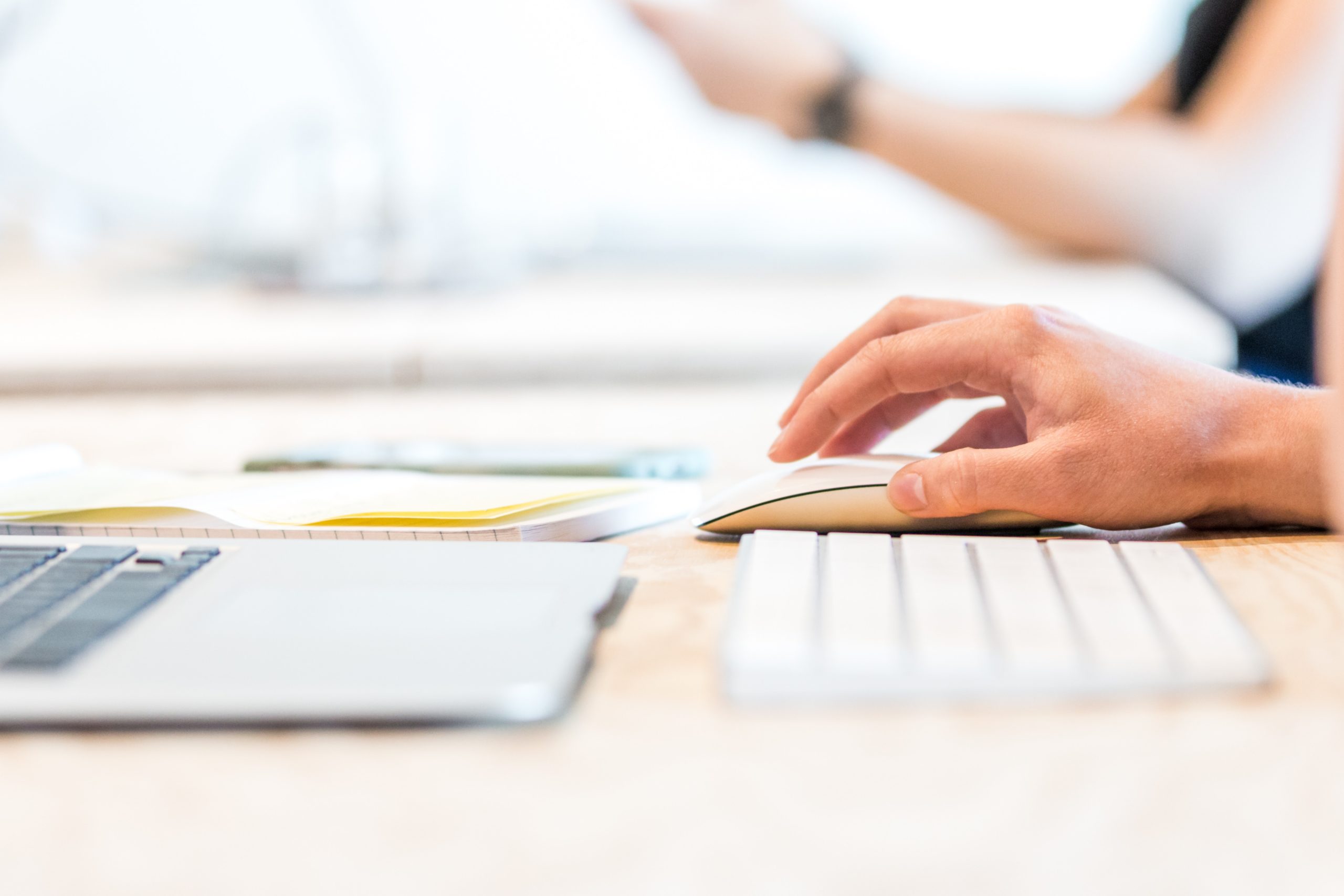
How do I become an Ally?
Allyship takes place on different levels - intersectional instead of one-dimensional. You will learn about these levels in the Allyship training in order to be able to think and act in a truly comprehensive way of solidarity: What constitutes effective allyship? What is the role of marginalized people when working with Allies? How can cis people advocate for trans people's issues? What should white people do to address racism? What role does the structural level play in this? And how do we do this as an organization in a way that really benefits communities in the long run?
"Genuine allyship is reflective and solidary. And for teams: indispensable."
After our Allyship Training you will know
What makes a good Ally and how to act in true solidarity when you see injustice in your workplace.
Understanding allyship as a process that begins with reflecting on your privilege and requires courage and constant learning and unlearning.
when you can act as an ally, when you should pass the mic, and how to avoid false allyship.
Learn Allyship with your team
In our training sessions, you will first learn more about your privileges and the most important ally basics. In small and large groups, we discuss blockages and fears that prevent many allies from really speaking up. In scenario discussions we will find ways together how you can become an effective ally and change your company culture for the better. We speak German and English - feel free to ask us.
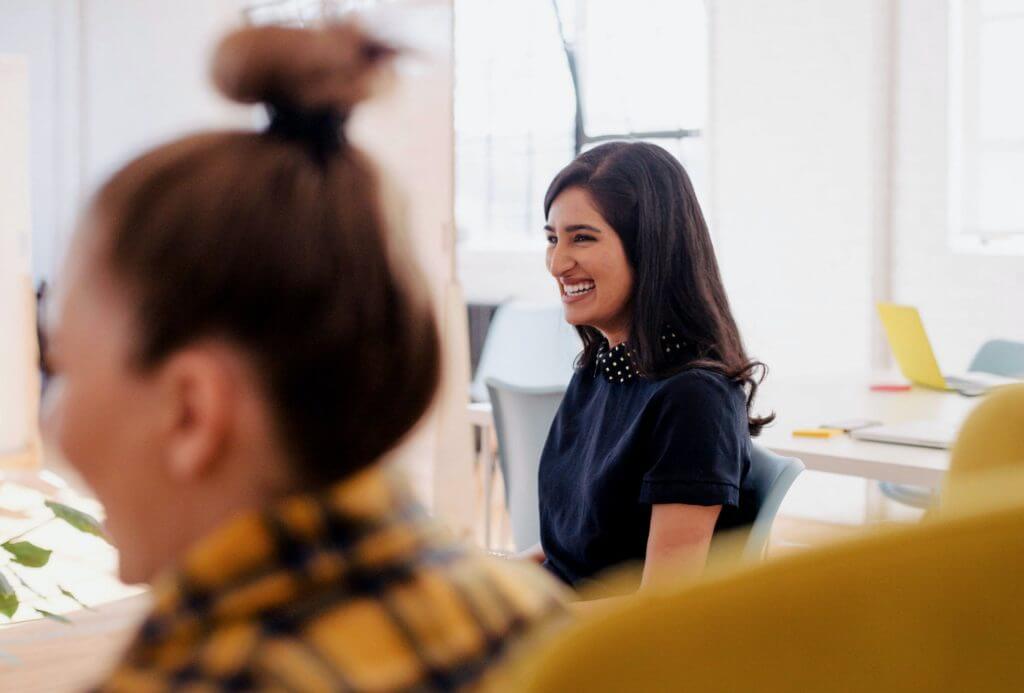
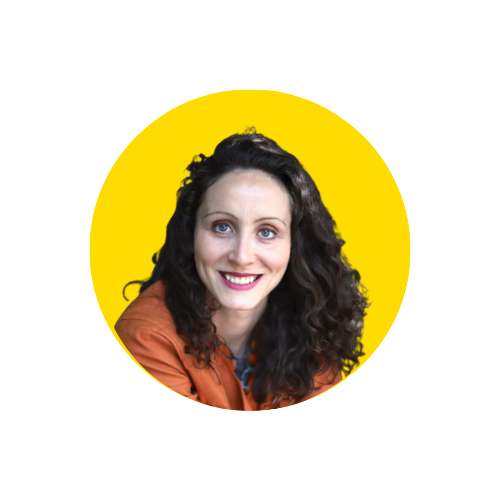
Paula Führer
Paula's focus is on anti-discrimination, social justice, diversity awareness, solidarity/accompliceship and working with white people in a way that is critical of racism. It is important for Paula to work holistically: She acts in a process-oriented, appreciative, decelerated and mindful way. Artistic-creative methods that bring our embodied knowledge and our feelings into play make the workshops versatile, varied and appeal to different types of learners.

Selena Dolderer
Selena's expertise is in the field of unconscious bias, inclusive recruitment, inclusive teams and change agent support. She specialises in HR processes, working in the film, media and television industry, and lectures at German and Dutch universities.
Selena attaches importance to recognising personal room for manoeuvre in order to create self-determined, inclusive change in the team and processes. In training sessions, it is important for her to work in an appreciative way and to include the personal experiences and strengths of the participants.
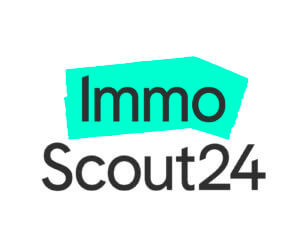
"I really liked the setup of the workshop and the way of making us reflecting. Floria gave us some good starting points for fighting against biases and I now have a better idea how to improve on these fields."
Aaron Winn, Head of Technology Immobilienscout24








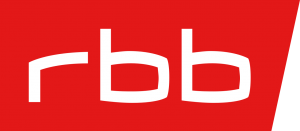

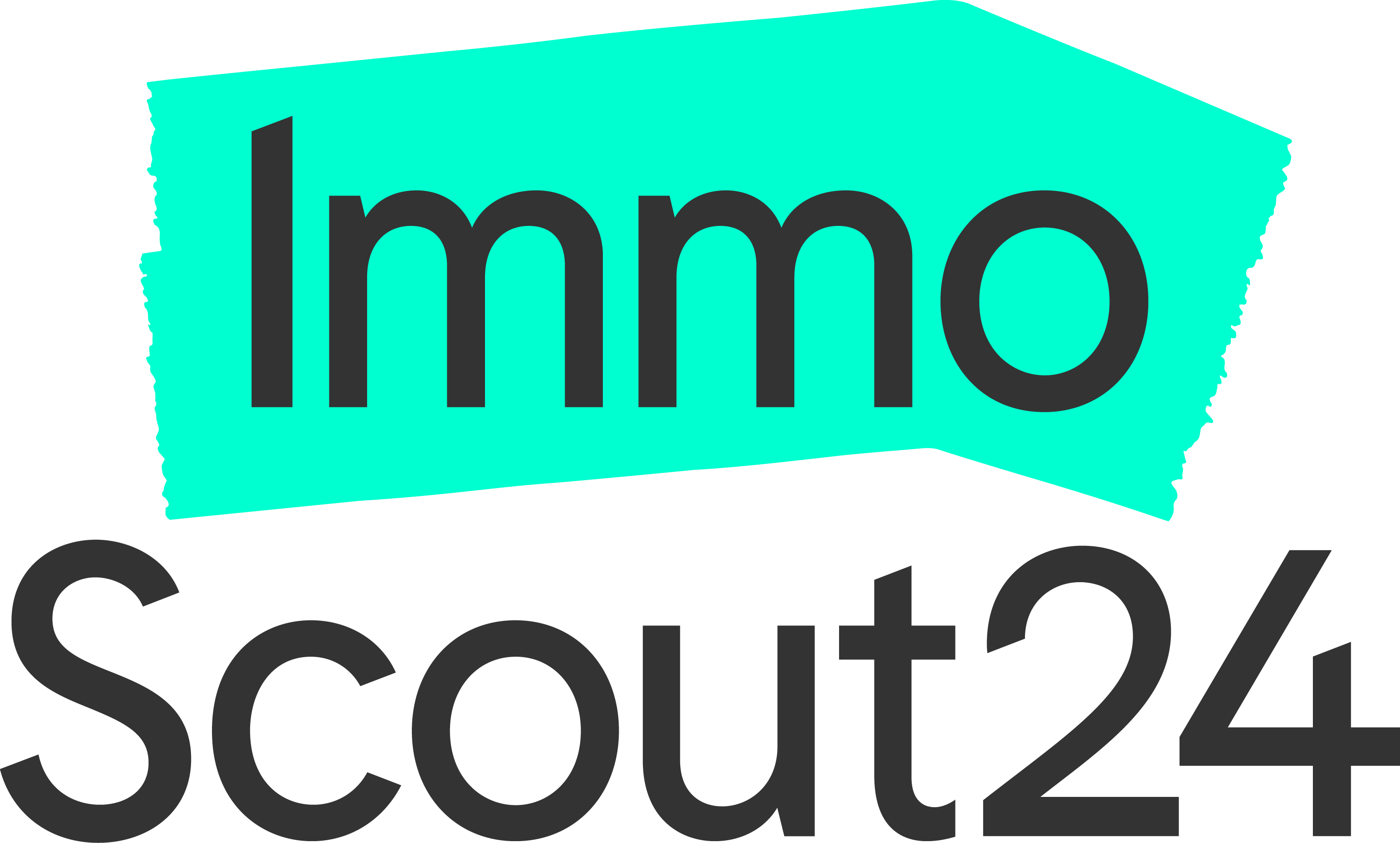

Request a preliminary talk for an Allyship training now.
We get to know each other and clarify your goals. In the process, we talk about a training format that suits you.
Frequently asked questions about Allyship training
What is special about your Allyship training?
- We have the necessary in-depth training and years of experience in navigating people through this sensitive topic. It is definitely not enough to be affected by discrimination yourself or just to know the subject well. You need didactics! You get that from us.
- We always think in an intersectional and power-critical way. This means that you will learn about all dimensions of diversity with us, not just about binary gender.
- We only offer our Allyship training to more advanced groups. If your team has never reflected on privilege before and has no prior knowledge of unconscious bias, I recommend you start with our Unconscious Bias Learning Journey.
What is Allyship training good for?
Many people mean well and want to show solidarity. But well intentioned is not well done. It quickly becomes cringeworthy and the allies take up more space than they should. However, fears often arise before people even get involved in solidarity. We discuss all of this in a professionally moderated setting. Feel free to write to me for a preliminary discussion about the challenges your company faces when it comes to allyship.
I have already done your LinkedIn Learning. What is different about this training?
Great! Then you've probably already gained a lot of prior knowledge from my popular LinkedIn Learning Allyship course. Our Allyship training courses are primarily about your teams. You certainly haven't had the group experience in my LinkedIn course. So it's much more about interpersonal skills.
Can it be done in two hours?
We want to talk to each other in depth. That takes time. Our training therefore lasts at least four hours, including breaks. I am happy to come to you for a 60-minute impulse on allyship - take a look at my presentation page. I have already collected top-class references as a speaker - from small activist groups to DAX corporations.
How is the training structured?
It is an advanced topic, so the input on privilege is rather short. We assume that your group knows what DEI is and already has some knowledge of their own social identities.
You will receive interactive impulses on the topic of allyship, what it is and what it is not and what common myths and fears exist about it. We will then move on to intensive small group work, where we will discuss specific allyship scenarios and how we want to interact with each other. We are happy to take scenarios from your everyday life. Let's clarify this in the preliminary discussion.
